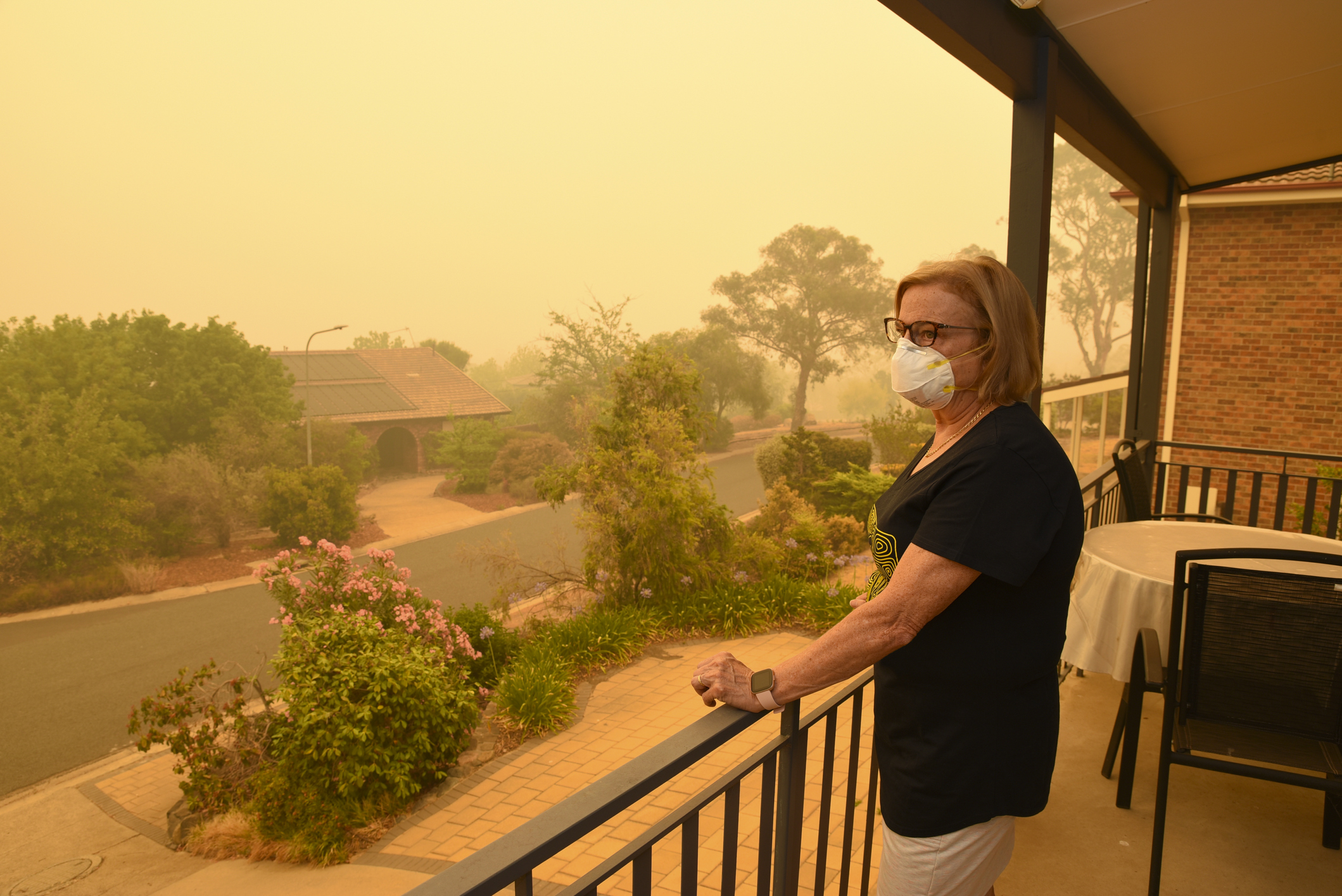

Raging wildfires in Canada are causing some major headaches for some parts of the United States.
Major metro areas, such as New York, Boston, Philadelphia and Washington, D.C., are experiencing very unhealthy air quality advisories — while some of the smoke has drifted as far south as Georgia, but only affecting the Metro Atlanta Air Quality to a “moderate” degree.
Depending on where you live, you may be wondering how the poor air quality may affect you.
First of all, it’s important to understand the risks from air pollution, especially exposure to what’s known as fine particulate air matter, which includes pollution carried on the wind and can include dust and soil, both capable of containing various types of toxins.
However, it’s even more concerning when it relates to smoke from wildfires. The reason?
It’s been found to be among the most toxic to people compared to fine particle air matter exposure from other sources.
Fine particulate air matter affects the cardiovascular system
There are different types of air pollution and they are categorized often by size. They are made up of particulates — atmospheric aerosol particles or particulate matter.
Sources of these particulates can be natural or man-made chemicals (in cases of fires, you often get a little of both). PM2.5 is so fine you never even know you’re inhaling it.
In previous research on non-smoking healthy individuals, researchers exposed them to concentrated ambient particulate matter for two hours. The result was a decrease in heart rate variability, along with increased lymphocyte and white blood cell levels.
Increases in white blood cell and lymphocyte levels are signs of increased inflammation in the body, which means the immune system is rapidly activated to fight the incoming stimulus. Decreased heart rate variability is a sign of autonomic nervous system dysfunction — the part of the nervous system that controls the cardiovascular system.
Quite surprisingly, these inhaled particles have acute effects on the cardiovascular system that could lead to a pollution-triggered heart attack.
According to a Journal of the American Heart Association Report, researchers examined cardiac arrests during 14 wildfire-affected counties in California between 2015 and 2017. They found that out-of-hospital cardiac arrests:
- increased on days rated as heavy smoke density and for several days afterward, with the highest risk (70% higher than on days with no smoke) on the second day after smoke exposure;
- increased among both men and women and in people aged 35 and older exposed to heavy smoke; and
- increased in communities with lower socioeconomic status (20% or more people living below the poverty line) with both medium and heavy smoke exposure.
According to Ana G. Rappold, Ph.D., a research scientist at the U.S. Environmental Protection Agency’s Center for Public Health and Environmental Assessment in the Office of Research and Development, “Particulate matter from smoke that is inhaled can penetrate deeply into the lungs, and very small particles may cross into the bloodstream. These particles can create an inflammatory reaction in the lungs and throughout the body. The body’s defense system may react to activate the fight-or-flight system, increasing heart rate, constricting blood vessels and increasing blood pressure. These changes can lead to disturbances in the heart’s normal rhythm, blockages in blood vessels and other effects creating conditions that could lead to cardiac arrest,”
Protection from particulate air matter
In areas hardest hit by the air pollution from the Canadian wildfires, public health officials are warning older people and those with heart or breathing problems to stay inside — or at the least wear a mask if they must venture out. N95 masks are the most effective.
Even if you live in areas, not as heavily affected and have heart or issues like asthma or COPD, it would be wise to stay inside till of this literally blows over.
But you should know, wildfires or none, living near low levels of air pollution for a handful of years makes serious structural changes to your heart… even if you’re relatively young and healthy.
If you have access to an air purifier or can have someone deliver one to you, strongly consider it as an option. It’s also a good idea to install an indoor HEPA air filter in your HVAC return to minimize the particulates in the air of your home — or add houseplants that can improve your indoor air.
Now would also be a good time to consider supplementing B vitamins…
Research by Columbia University’s Mailman School of Public Health, individuals who were exposed to the same amount of pollution but were given B vitamin supplements for four weeks afterward, were able to almost completely reverse the pollution damage caused to their immune and cardiovascular systems.
In fact, B vitamin supplementation appeared to show incredible opposition…
- A 150 percent reduction in the particulate matter’s effects on heart rate
- A 139 percent reduced effect on white blood cell count
- And a 106 percent reduced effect on lymphocyte count
